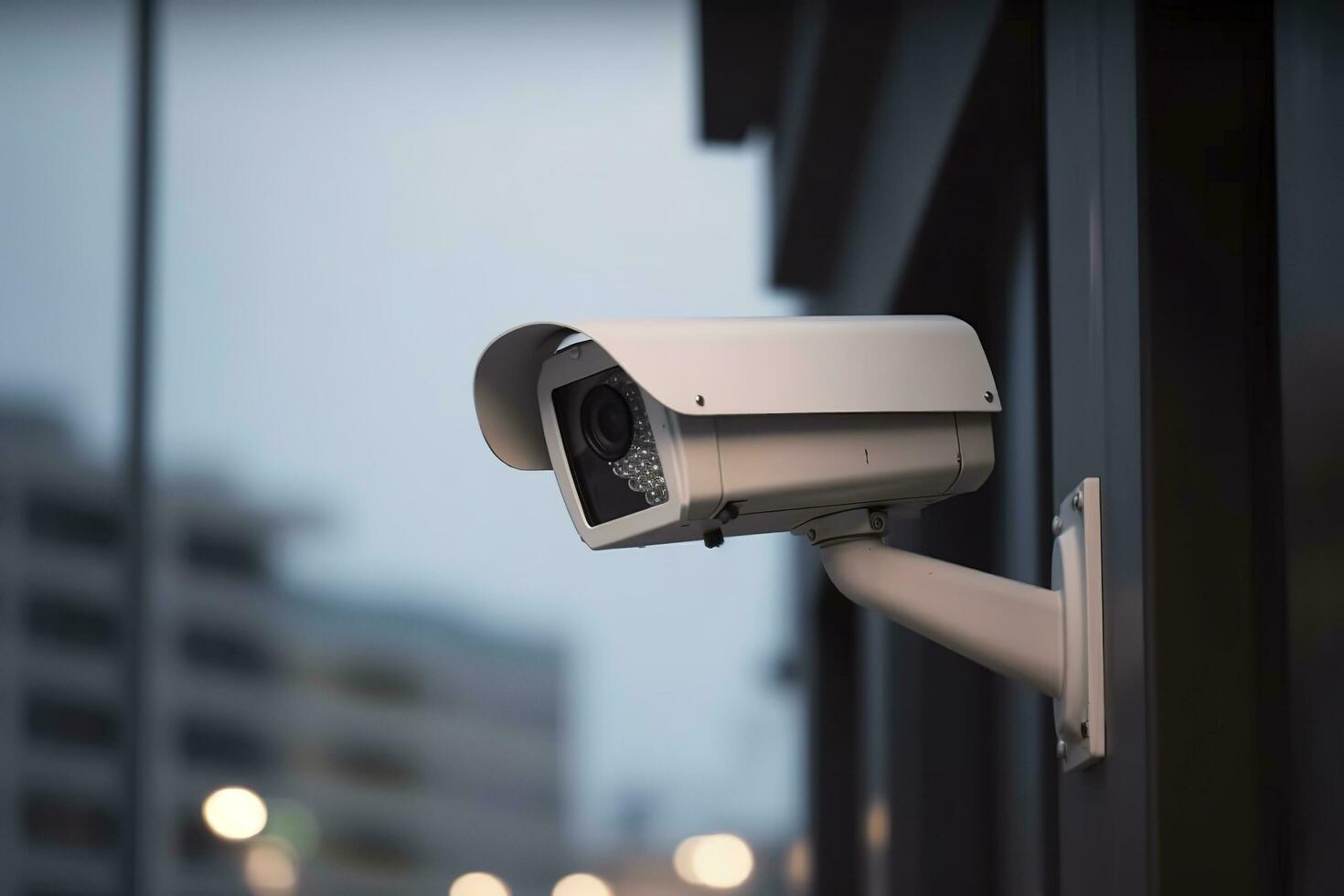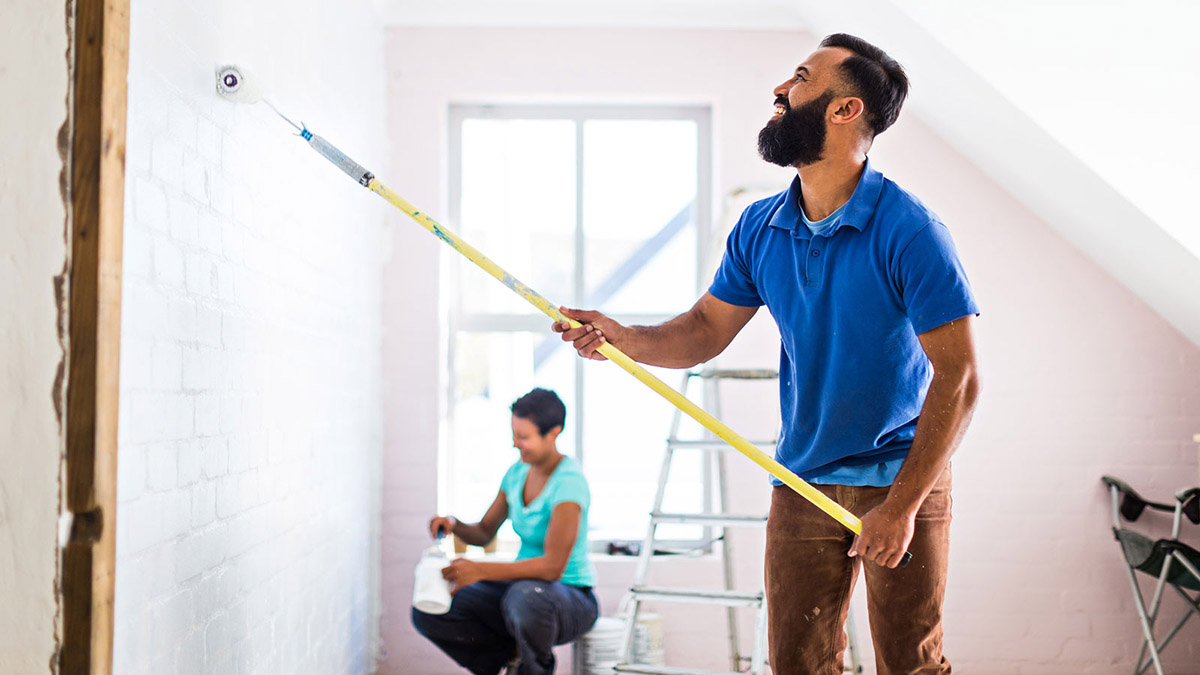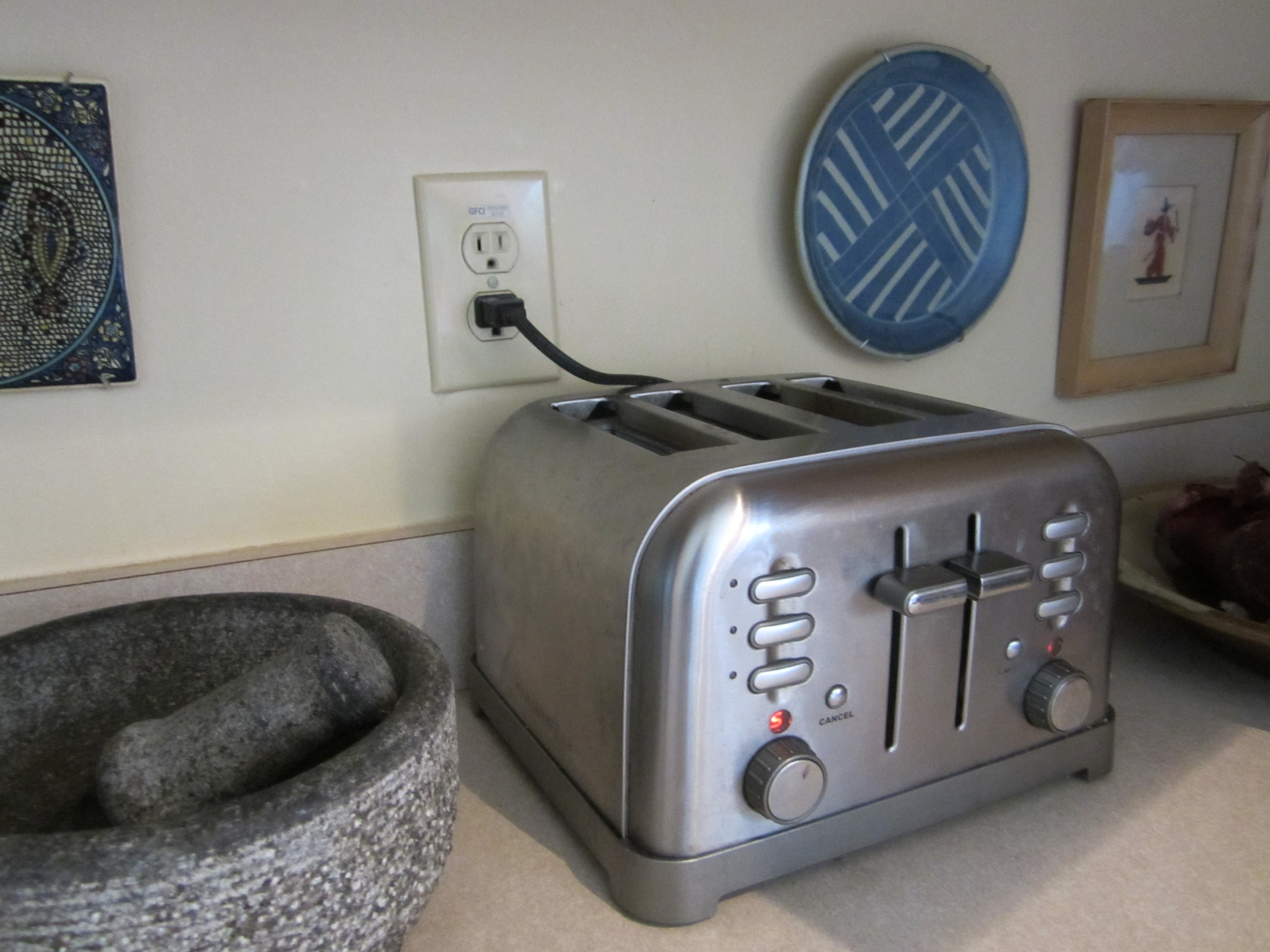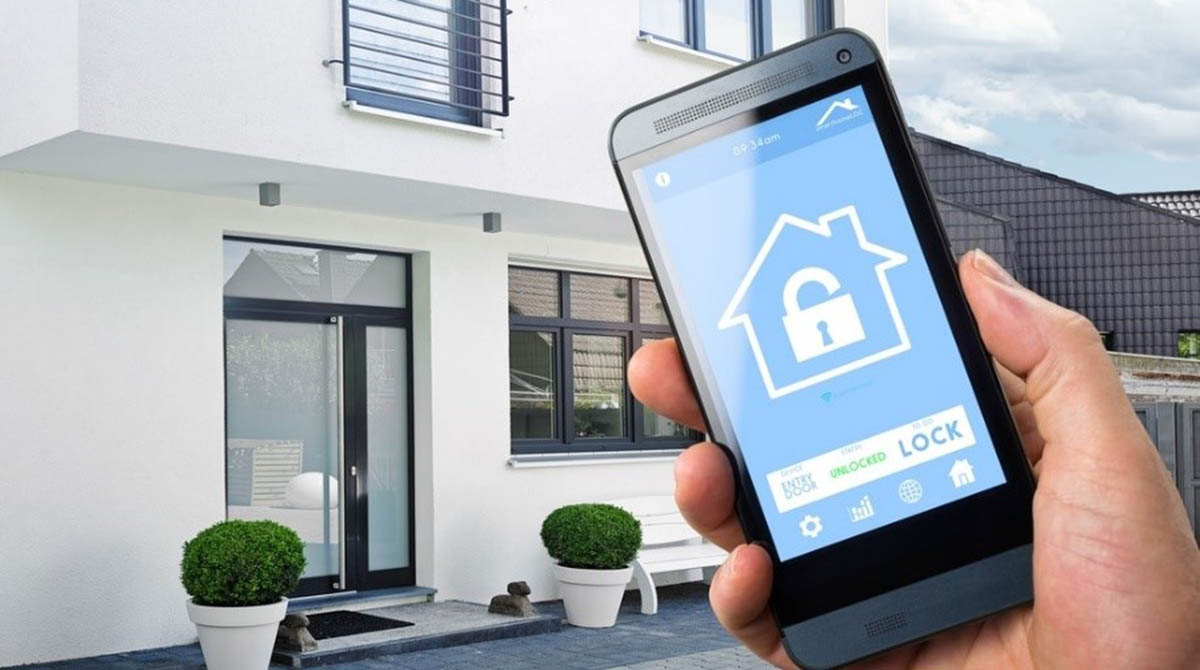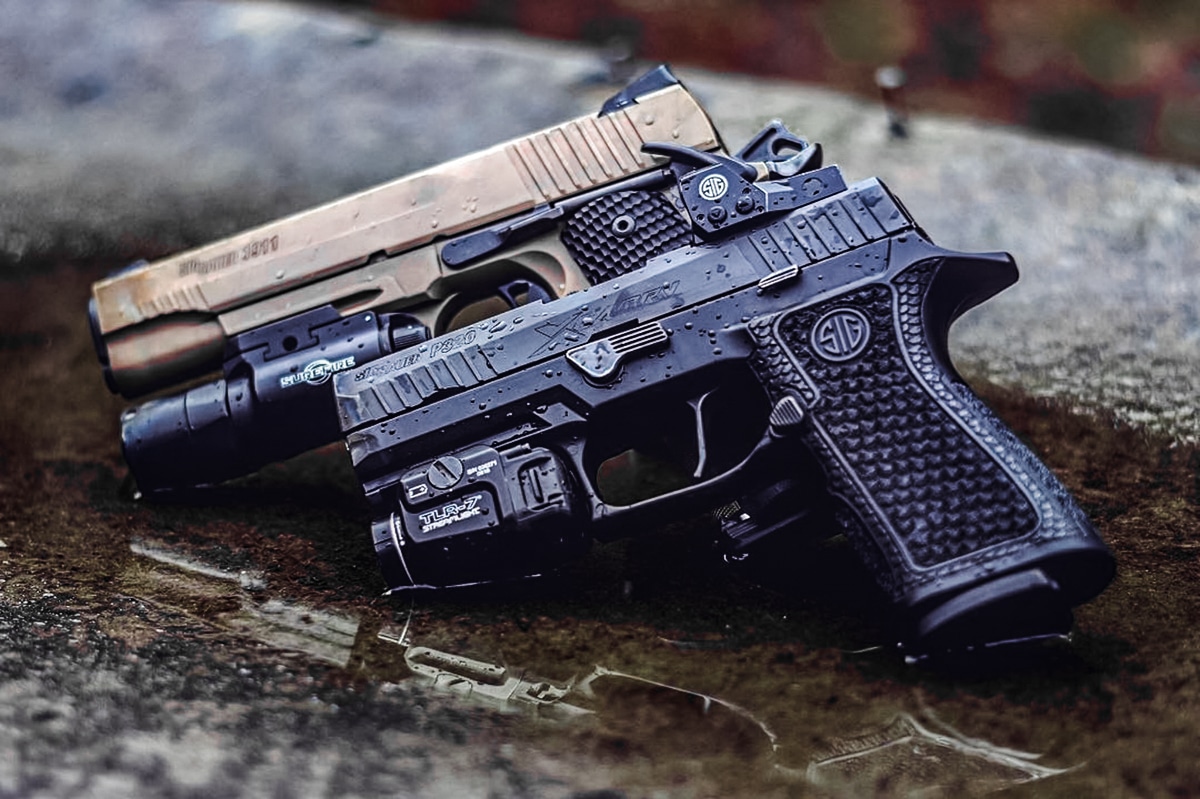Home>Home Security and Surveillance>What Kind Of Home Protection Can A Felon Have In Texas
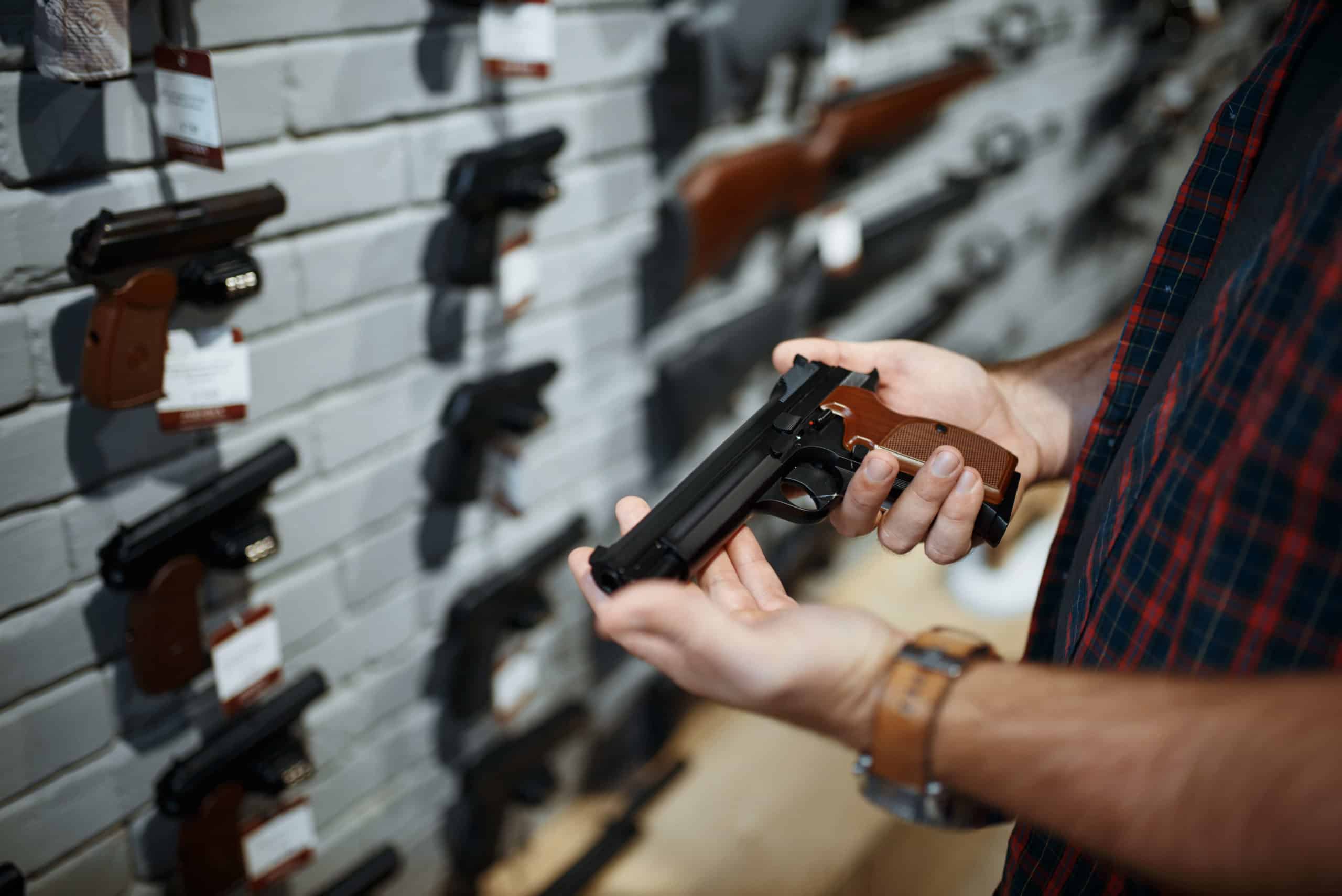

Home Security and Surveillance
What Kind Of Home Protection Can A Felon Have In Texas
Modified: March 6, 2024
Learn about home security and surveillance options available to felons in Texas. Find out what kind of protection measures they can legally have for their homes.
(Many of the links in this article redirect to a specific reviewed product. Your purchase of these products through affiliate links helps to generate commission for Storables.com, at no extra cost. Learn more)
Introduction
Welcome to our comprehensive guide on home protection for felons in Texas. When it comes to ensuring the safety and security of your home, it’s essential to understand the unique circumstances and limitations that felons face when it comes to firearms ownership. In Texas, individuals with felony convictions face strict restrictions on firearm possession. However, that doesn’t mean that they are left without any options for home protection.
In this article, we will explore the various types of home protection available to felons in Texas. We will discuss the firearms limitations imposed on felons and delve into alternative options that can provide effective security for you and your loved ones. Our goal is to provide you with valuable information and options so that you can make informed decisions about your home security needs.
Before we delve into the various options available, let’s take a closer look at the rights and limitations that felons face when it comes to owning firearms in Texas.
Key Takeaways:
- Felons in Texas face strict restrictions on owning firearms, but they can still protect their homes with non-lethal options like pepper spray, stun guns, and home security systems.
- Understanding local laws, probation conditions, and seeking legal advice are crucial for felons to ensure compliance and create a safe living environment for themselves and their loved ones.
Background on Felon Rights in Texas
In Texas, individuals with felony convictions face significant restrictions when it comes to firearm ownership. According to state law, felons are generally prohibited from possessing firearms. This prohibition stems from the fact that a felony conviction is considered a serious offense and can result in the loss of certain civil rights, including the right to bear arms.
Under federal law, felons are also prohibited from possessing firearms. The Gun Control Act of 1968 prohibits anyone with a felony conviction from possessing a firearm that has been transported in interstate or foreign commerce. This federal law applies to all states, including Texas. Therefore, even if a felon’s rights are restored or their records are expunged in a particular state, they are still prohibited from possessing firearms under federal law.
It’s important to note that the restrictions on firearm ownership apply not only to individuals with felony convictions but also to those with certain misdemeanor convictions. For example, individuals convicted of domestic violence offenses or subject to certain restraining orders are also prohibited from possessing firearms in Texas.
While felons face significant limitations when it comes to firearms ownership, it’s important to remember that there are alternative options available for home protection. Let’s explore some of these options in more detail.
Types of Home Protection
When it comes to protecting your home, it’s important to consider a comprehensive approach that goes beyond just firearms. There are various types of home protection options that can help enhance the security of your household. Let’s explore some of these options:
- Home Security Systems: Installing a home security system can provide you with peace of mind and deter potential intruders. These systems typically include surveillance cameras, motion sensors, door/window sensors, and an alarm system. Many modern security systems also offer remote monitoring and smartphone integration, allowing you to control and monitor your home security from anywhere.
- Access Control Systems: Access control systems can help regulate who has entry to your home. This can include electronic keypads, biometric scanners, and smart locks. By controlling access to your home, you can minimize the risk of unauthorized individuals gaining entry.
- Smart Home Automation: Smart home automation technology allows you to control various aspects of your home, including lighting, thermostats, and security systems, through a centralized system. This technology not only provides convenience but also enhances security by allowing you to create customized schedules for lighting and simulate occupancy when you’re away.
- Security Doors and Windows: Reinforcing your doors and windows with security features such as reinforced frames, shatterproof glass, and deadbolts can significantly increase the difficulty for intruders to gain entry into your home.
- Surveillance Cameras: Installing surveillance cameras can provide you with visual evidence in the event of a break-in and act as a deterrent to potential burglars. With advancements in technology, surveillance cameras are now more affordable and offer features such as high-definition video quality and remote viewing capabilities.
- Home Alarms: A home alarm system can alert you and your neighbors in the event of a break-in. These alarms often include sensors on doors and windows that trigger an audible alarm when breached.
By combining these different types of home protection measures, you can create a layered approach to security that significantly reduces the risk of unauthorized access to your home.
Firearms Restrictions for Felons in Texas
In Texas, individuals with felony convictions face strict restrictions when it comes to firearms ownership. Under state law, felons are generally prohibited from possessing firearms. This includes both handguns and long guns such as rifles and shotguns. The prohibition applies regardless of whether the felony conviction was for a violent or non-violent offense.
The possession of firearms by felons is considered a third-degree felony in Texas, punishable by imprisonment for up to 10 years and fines of up to $10,000. It’s important for felons to understand and abide by these restrictions to avoid further legal consequences.
It’s worth noting that there are limited exceptions to the firearms restrictions for felons in Texas. Some individuals may be eligible to have their firearm rights restored if they meet specific criteria. For example, individuals who have completed their sentence and have been discharged from parole or probation may be eligible to have their firearms rights restored.
However, it’s crucial to consult with an experienced attorney or legal professional to understand the eligibility requirements and procedures for restoring firearm rights as a felon in Texas. They can guide you through the legal process and ensure that you remain in compliance with state and federal laws.
While felons face restrictions on firearms ownership, it’s important to remember that there are alternative options available for home protection. Let’s explore some of these options in the next section.
In Texas, a felon can legally possess a firearm in their home for self-defense, but they cannot carry it outside of their home. It’s important to know and follow all state and federal laws regarding firearm possession.
Non-Firearm Home Protection Options for Felons
While felons face restrictions on firearm ownership in Texas, there are still effective non-firearm home protection options available. These alternatives can provide felons with peace of mind and the ability to protect their homes and loved ones. Here are some non-firearm home protection options to consider:
- Pepper Spray: Pepper spray is a non-lethal self-defense option that can incapacitate an intruder temporarily. It’s readily available and legal to possess in Texas. However, it’s important to check state and local laws regarding its use and carry restrictions.
- Stun Guns/Tasers: Stun guns and Tasers are non-lethal self-defense devices that can immobilize an attacker temporarily by delivering an electric shock. While Texas state law prohibits the sale or possession of Tasers by felons, there are no restrictions on stun guns. However, local laws may vary, so it’s essential to research and adhere to local regulations.
- Self-Defense Training: Investing in self-defense training can provide felons with the knowledge and skills to protect themselves and their homes. Learning techniques such as hand-to-hand combat, situational awareness, and effective self-defense strategies can be invaluable in ensuring personal safety.
- Home Defense Tools: There are various non-lethal home defense tools available that can help deter intruders and provide a sense of security. These tools include personal alarms, door security bars, security window film, and door reinforcement kits. These tools can act as deterrents and make it more difficult for intruders to gain access to your home.
- Neighborhood Watch Programs: Engaging with neighborhood watch programs can be an effective way to increase the overall security of your community. Working together with your neighbors to be vigilant, report suspicious activities, and share information can help prevent crime and enhance home protection.
By utilizing these non-firearm home protection options, felons in Texas can still take proactive steps to enhance the security of their homes without violating firearms restrictions.
It’s important to note that laws and regulations regarding non-firearm self-defense options may vary at the state and local levels. Therefore, it’s crucial to familiarize yourself with the specific laws in your area and ensure that you remain in compliance.
Now that we’ve explored non-firearm home protection options, let’s discuss the legalities and regulations that felons should consider.
Legalities and Regulations to Consider
When it comes to home protection for felons in Texas, it’s crucial to understand and adhere to the various legalities and regulations in place. Here are some important considerations:
- Local Laws: While state laws in Texas may set the overall framework for firearms restrictions and non-firearm self-defense options, it’s essential to also research and comply with local laws and regulations. Some cities or municipalities may have additional restrictions or requirements that felons should be aware of.
- Probation or Parole Conditions: If you are currently on probation or parole, it’s vital to understand the conditions set forth by the court or parole board. These conditions may include restrictions on possessing certain self-defense tools or participating in specific activities related to home protection. Violating these conditions can result in serious legal consequences.
- Trespassing Laws: While protecting your home is important, it’s crucial to understand the laws regarding trespassing. It’s illegal to use excessive force or deadly weapons against someone who is unlawfully intruding on your property. Understanding when you are legally allowed to defend your home and the appropriate level of force to use is essential for staying on the right side of the law.
- Legal Advice: If you have specific questions or concerns regarding home protection and the legalities involved, it’s highly recommended to seek legal advice from an experienced attorney. They can provide personalized guidance based on your situation and ensure that you are aware of your rights and responsibilities under the law.
It’s important to remember that the information provided in this article is for informational purposes only and should not be considered legal advice. Laws can change, and individual circumstances can vary. Therefore, it’s essential to stay updated on the latest laws and consult with a legal professional for guidance specific to your situation.
Now that we’ve covered the legalities and regulations, let’s summarize what we’ve discussed so far.
Conclusion
When it comes to home protection for felons in Texas, it’s important to understand the restrictions on firearms ownership and explore alternative options. While felons face significant limitations on possessing firearms, there are still effective non-firearm home protection options available.
By utilizing home security systems, access control systems, smart home automation, security doors and windows, surveillance cameras, and home alarms, felons can enhance the security of their homes. Additionally, non-lethal self-defense options such as pepper spray and stun guns, along with self-defense training and neighborhood watch programs, can provide additional layers of protection.
It’s crucial for felons to be aware of and abide by the legalities and regulations that govern home protection. Familiarizing yourself with state and local laws, understanding probation or parole conditions, and seeking legal advice when needed are essential steps to ensure compliance with the law.
Remember, the information provided in this article is not legal advice, and laws can change. It’s important to consult with an experienced attorney who can provide personalized guidance based on your unique circumstances.
By utilizing non-firearm home protection options, understanding and adhering to legalities, and taking proactive measures to enhance home security, felons in Texas can create a safe and secure living environment for themselves and their loved ones.
While the journey may have its challenges, it’s empowering to know that there are still options available to protect what matters most. Stay informed, stay safe, and take the necessary steps to ensure the security and well-being of your home and family.
Frequently Asked Questions about What Kind Of Home Protection Can A Felon Have In Texas
Was this page helpful?
At Storables.com, we guarantee accurate and reliable information. Our content, validated by Expert Board Contributors, is crafted following stringent Editorial Policies. We're committed to providing you with well-researched, expert-backed insights for all your informational needs.


